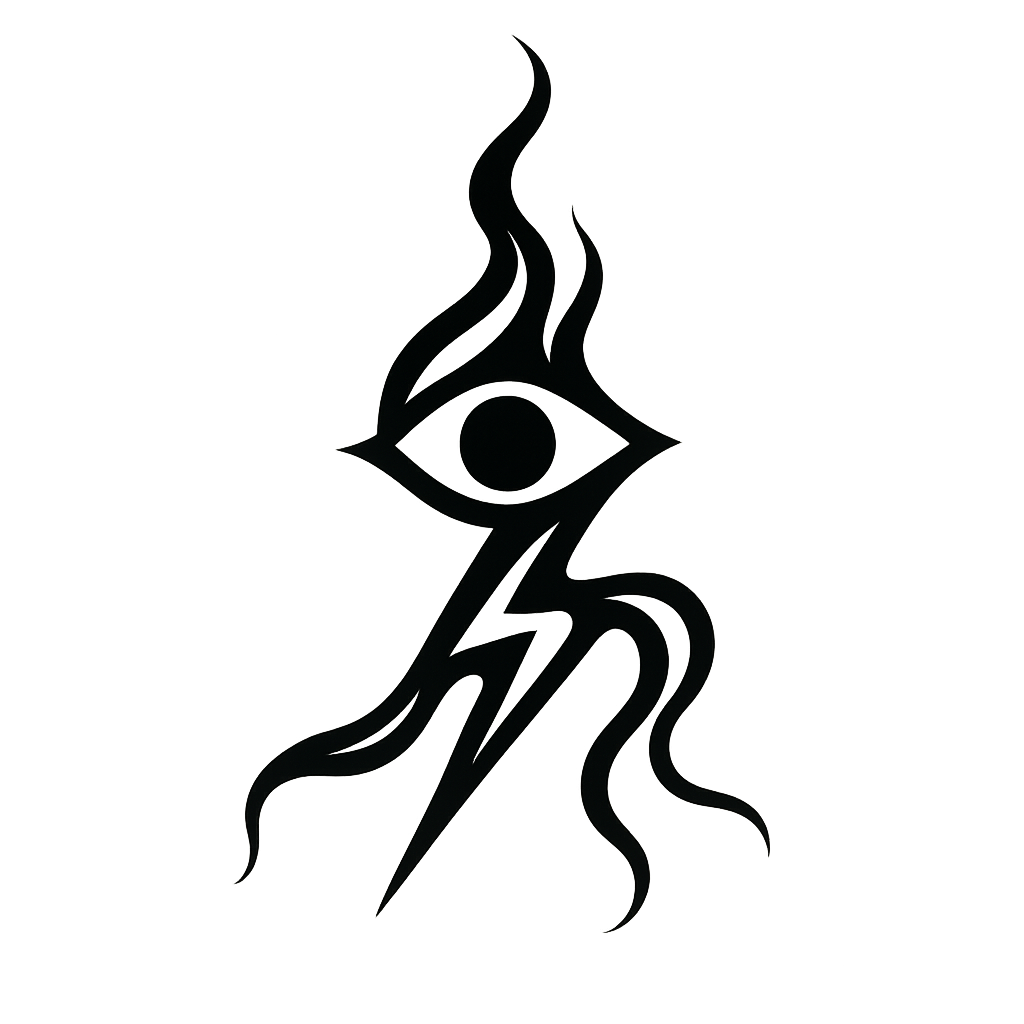
Shock Dream Meaning
Unlocking the Mystery of Shock in Your Dreams: What Is Your Subconscious Trying to Tell You?
Explore the mystery of shock in dreams. Discover psychological and neuroscientific insights to understand what your subconscious may be conveying.
Analyze your dream instantly with Onira
AI-powered insights, private by design. Free on iOS and Android.
Introduction
Ever wake up in the dead of night, adrenaline pulsing, heart racing, your mind still reeling from a jolt of shock experienced in your dreams? We've all been there. Shock, whether it's the unexpected appearance of someone long gone, the unsettling sensation of falling, or the bewildering realization of a forgotten task, can strike when we least expect it - even in our dreams. But what does it mean when your dreams jolt you awake? Your subconscious might be trying to tell you something significant.
🧠 Psychological Interpretation
Unresolved Emotions
Dreams often reflect unprocessed emotions and experiences. A sense of shock in your dream might signify unresolved feelings or situations you're trying to reconcile in waking life. This could manifest as fear, anxiety, or surprise. In other words, your subconscious might be highlighting an emotional area in need of attention.
Anticipation of Change
Shock could indicate an impending change, something your mind is preparing you to face. This apprehensive forecast might stem from your subconscious picking up on subtle cues in your environment, possibly things you haven't consciously recognized yet. Consider this dream as a nudge to ready yourself for transformation.
Repressed Memories and Healing
Sometimes, shock in dreams may be tied to repressed fears or memories. The jolt signifies the resurfacing of a concealed aspect of your past, signaling an opportunity for healing once these issues emerge into your conscious awareness.
🔬 Scientific Perspective
Threat Simulation Theory
Research suggests that dreams may serve as a rehearsing mechanism for our brains to prepare for real-life surprises. This concept is known in the field of neuroscience as 'threat simulation theory.' By confronting shock in dreams, your mind may be 'practicing' to better handle unforeseen events in reality.
Amygdala Activity and Emotional Processing
Exploring our brain chemistry, the amygdala - a part of the brain involved in processing emotions such as fear and pleasure - plays a significant role in dream production. When a sense of shock occurs in dreams, it could be due to heightened amygdala activity during REM sleep.
🛠️ Practical Tips
Embrace Documentation
Keep a dream journal by your bedside. When shocking dreams occur, record them immediately upon waking. Over time, you might discern patterns or repeated themes that can provide insights.
Mindful Bedtime Routine
Practice mindfulness and relaxed breathing techniques before sleep. Creating a calming bedtime routine can help ease your transition into slumber, potentially reducing the intensity of shocking dreams.
Seek Professional Guidance
Engage with a therapist or counselor if these dreams become frequent or disturbing. A professional can guide you through the exploration of deep-seated issues or unresolved anxieties.
Conclusion
Deciphering the shocking element in your dreams can act as a window into your subconscious mind's unspoken corners. While dreams remain a deeply personal experience, nurturing the exploration of their elements can illuminate pathways to self-understanding. Remember, each dream is a unique tapestry that only you can fully understand and stitch into your life's narrative.
Free Dream Analyzer
Paste a dream into Onira to get personalized, neuroscience-informed insights in seconds.

Embark on a journey of self-discovery
Meet your intelligent dream journal, and transform your wildest dreams into meaningful insights. Download today.
Instant Setup
Start logging your dreams in seconds. No complex setup required.
Cross-Platform
Sync your dreams across all your devices seamlessly.
